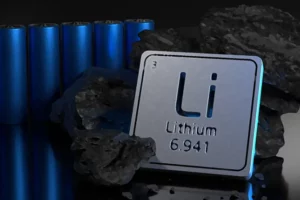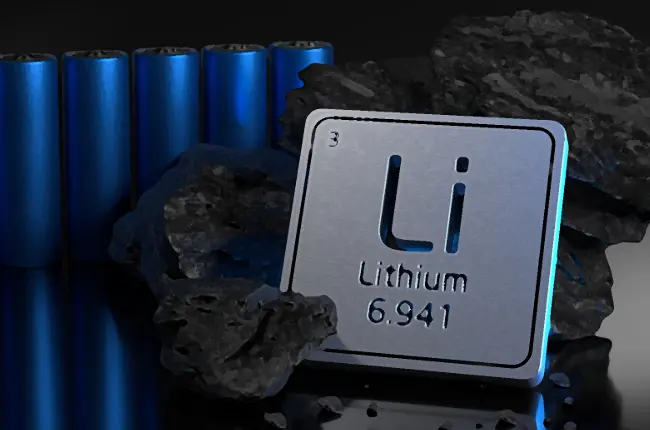Lithium has emerged as a critically important element in today’s world, driving innovation and enabling advancements in various industries. Its unique properties make it a vital resource for the transition to a sustainable future and the development of key technologies. In this article, we will explore the significance of lithium and why it has become such a valuable commodity.
- Energy Storage Revolution:
Lithium-ion batteries have revolutionized the energy storage landscape. With the increasing demand for renewable energy sources and the need to balance intermittent power generation, efficient energy storage systems have become essential. Lithium-ion batteries offer high energy density, long cycle life, and fast charging capabilities, making them ideal for storing renewable energy and providing power when needed. The widespread adoption of lithium-ion batteries has accelerated the integration of renewable energy into the grid, reduced reliance on fossil fuels, and facilitated the growth of electric vehicles.
- Electric Vehicle Industry:
Lithium is at the forefront of the electric vehicle (EV) revolution. As countries worldwide strive to reduce greenhouse gas emissions and combat climate change, the shift toward electric transportation is gaining momentum. Lithium-ion batteries power electric vehicles, providing the range, performance, and reliability needed for mass adoption. The demand for lithium in the EV industry is skyrocketing, with projections indicating exponential growth in the coming years. Lithium’s lightweight nature, high energy density, and rechargeable properties make it an indispensable component for the success of electric mobility.
- Renewable Energy Integration:
Renewable energy sources such as solar and wind power are playing a crucial role in the transition to a cleaner and more sustainable energy mix. However, the intermittent nature of these energy sources poses challenges for grid stability. Lithium-based energy storage solutions, coupled with renewable energy systems, facilitate the integration of variable energy sources into the grid. By storing excess energy during periods of high generation and releasing it during peak demand, lithium-based energy storage systems enhance grid stability, reduce energy waste, and optimize the use of renewable resources.
- Electronics and Portable Devices:
Lithium-ion batteries have become the standard power source for portable electronic devices. From smartphones and laptops to tablets and wearables, lithium-ion batteries offer a reliable and efficient power supply. The lightweight and compact nature of lithium-ion batteries make them ideal for mobile devices, allowing for longer battery life and improved portability. The proliferation of these devices in our daily lives has significantly increased the demand for lithium, further emphasizing its importance.
- Industrial and Aerospace Applications:
Lithium’s unique properties find applications in various industrial sectors. In aerospace, lithium-aluminum alloys are used to reduce weight and enhance fuel efficiency in aircraft. Lithium is also used in lubricants and greases, where its high lubricity and thermal stability are valuable. Additionally, lithium compounds have applications in ceramics, glass manufacturing, and the pharmaceutical industry.
- Job Creation and Economic Growth:
The growing lithium industry contributes to job creation and economic growth in regions with lithium deposits. Mining operations, lithium processing facilities, and battery manufacturing plants generate employment opportunities and drive economic development. As the demand for lithium increases, the industry attracts investment and fosters technological advancements, leading to further economic benefits.
- Environmental Benefits:
The use of lithium in energy storage and transportation has profound environmental benefits. By facilitating the transition to renewable energy and reducing reliance on fossil fuels, lithium helps mitigate greenhouse gas emissions and combat climate change. The electrification of transportation powered by lithium-ion batteries reduces air pollution and improves air quality in urban areas. Lithium’s role in promoting sustainable practices and reducing the carbon footprint is paramount in creating a greener and more sustainable future.
In conclusion, lithium’s importance cannot be overstated. From powering electric vehicles and storing renewable energy to enabling advancements in portable electronics and promoting environmental sustainability, lithium is a key enabler of the technologies shaping our future. As the demand for clean energy and energy storage solutions continues to rise, lithium’s significance will only grow, making it a valuable resource for economies worldwide.

